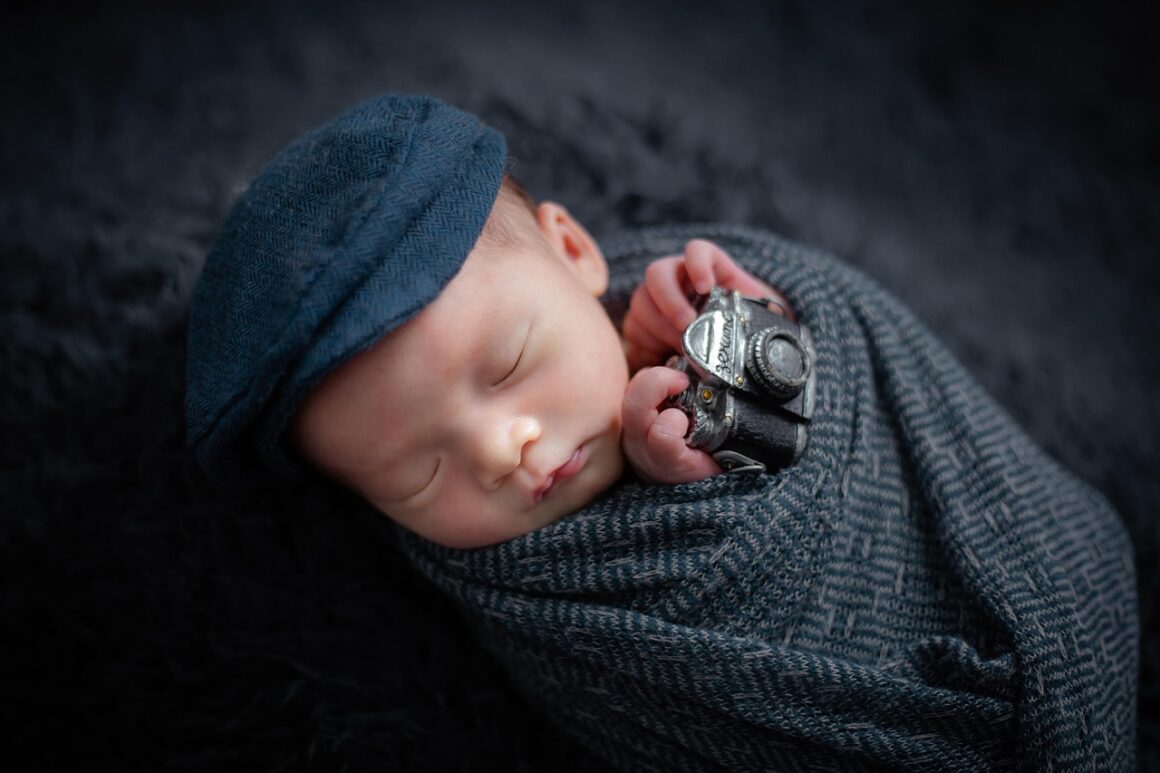Fifteen-year-old Zora Ilunga-Reed was tired of adults disregarding her political opinion, simply because she wasn’t of age to cast a ballot. After too many conversations ending in “but it doesn’t really matter what you think because, you know, you can’t vote,” the frustrated teen took matters into her own hands. If she couldn’t pencil-in her candidate of choice, she would voice her beliefs in an entirely different matter.
Thus, We the Ppl was born. The first episode of the political podcast was founded, recorded, and produced on Ilunga-Reed’s bedroom floor. “It was essentially an extended op-ed that I uploaded bi-weekly to iTunes,” she says. “I would offer up the counterarguments to my points, but simply by the virtue of calling the viewpoints that didn’t align with my own counterarguments, I was just furthering my personal bias in the podcast.” One year later, We the Ppl has released nearly thirty episodes and Ilunga-Reed no longer has to worry about content being politically biased. The diverse team consists of correspondents living in red states, such as Texas, and countries as far as South Korea. “As it grew, I was able to get more of a variety of voices on We the Ppl and I became much more aware of moments where my biases would come through and affect the podcast.”
Like Ilunga-Reed, all of the correspondents and ambassadors on We the Ppl are unable to vote themselves. This aids in making the podcast relatable to youth, one of Ilunga-Reed’s primary goals,
“We’re reporting intricate and nuanced political news in a professional and well-researched way without being too obscure or hard-to-follow.”
Even as a writer, I often struggle to decipher political news and commentary, but We the Ppl provides easy-to-follow chronicles of recent happenings.
Topics covered range from U.S. policy with China to reproductive rights and many episodes include interviews with politically-involved youth or live coverage of protests in Washington D.C. Some recap recent events in a short five minutes, while others, like dive into why black lives matter in an in-depth half hour.
Regardless of whether or not you listen to We the Ppl (though you definitely should), Ilunga-Reed encourages all youth to stay up-to-date with the latest political news, “Scroll through some BuzzFeed headlines in the morning or read The Economist cover to cover. Any news source you can find that’s credible and interests you is wonderful. Being informed is definitely the first and easiest step in civic engagement.” And once you know what’s going on in the ever-changing political climate, take action. “There are a ton of new organizations and initiatives for young people to get involved. You can donate to campaigns, volunteer for organizations, hand out flyers, etc. It’s just a matter of picking an issue that you’re particularly passionate about and seeking out other people who feel the same way.”
All teens could take a note out of Ilunga-Reed’s playbook. It’s essential for youth, of all political standpoints, to engage in politics. Whether it’s blogging or marching or podcasting, their opinions matter and they have the power to create a difference. After all, Zora Ilunga-Reed couldn’t vote, but that didn’t mean she didn’t have a voice.
Check out the We the Ppl podcast on iTunes or follow them on Instagram and Twitter.




